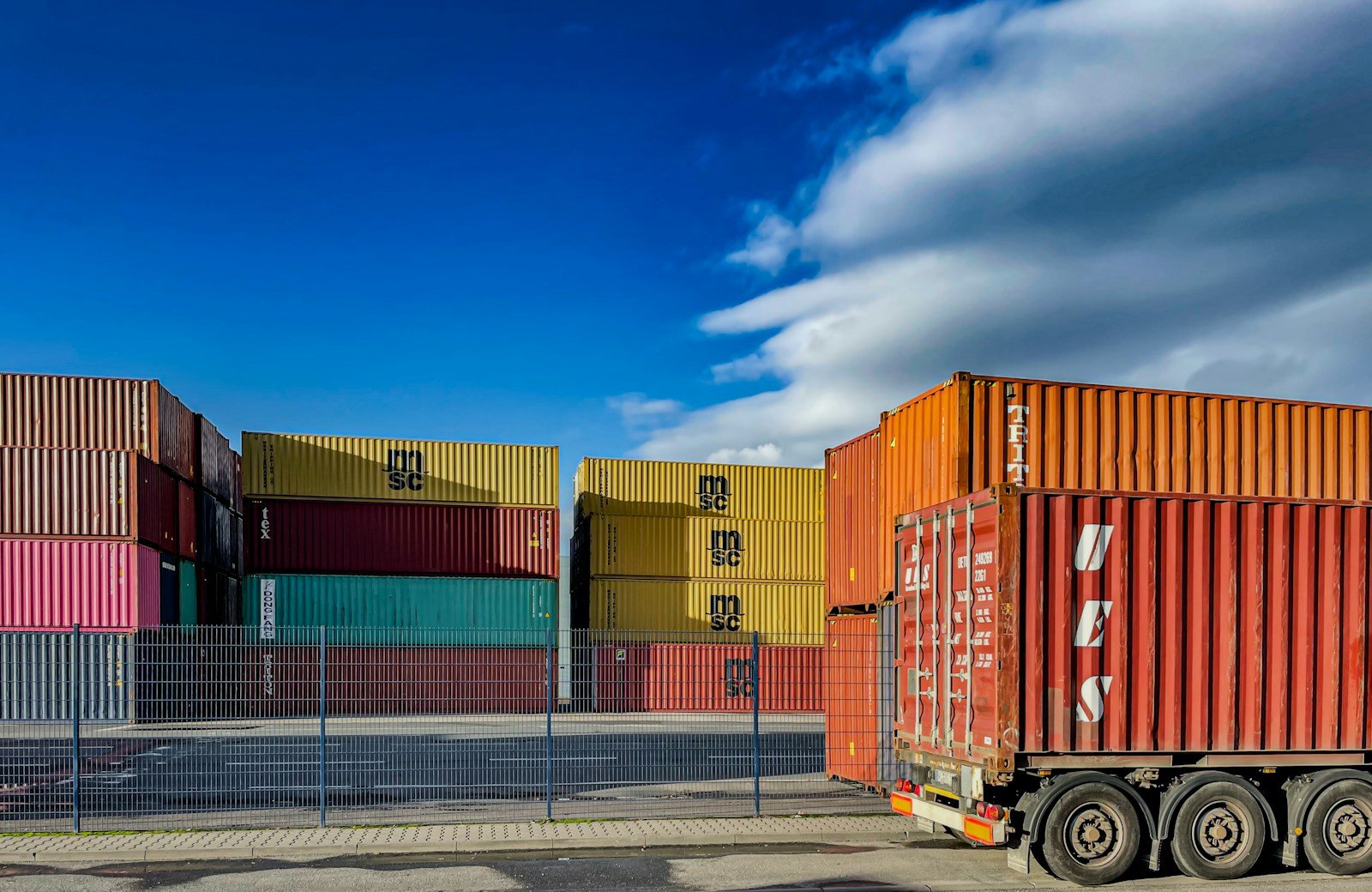Summary
Logistics plays a critical yet often overlooked role in both contributing to and combating climate change. It accounts for approximately 11-12% of global CO2 emissions, mainly from freight transport. As demand for logistics grows, especially for renewable infrastructure, the sector must adapt to extreme weather impacts while also facilitating decarbonization efforts. This dual challenge highlights the urgent need for integrating logistics into climate policies and adaptation strategies.
Highlights -🚚
- Logistics Emissions: Accounts for 11-12% of global CO2 emissions.
- Vulnerability: Logistics systems are highly exposed to extreme weather impacts.
- Renewable Demand: Growing need for logistics in renewable energy infrastructure.
- Adaptation Blind Spots: Logistics often overlooked in climate reports and plans.
- Emergency Relief: Logistics is essential for delivering humanitarian aid during disasters.
Logistics is often thought of as merely the process of moving things from one place to another.
The appearance of the word on the sides of lorries certainly gives this impression.
In practice, logistics is a complex mix of freight transport, storage, handling, inventory management and all the IT required to coordinate these activities. It is a function that is often taken for granted, but without which, the global economy would grind to a halt.
The logistics industry is a significant source of greenhouse gases. But it will also play a crucial part in successfully decarbonising the global economy and adapting society to the impacts of a changing climate – all while being uniquely vulnerable to these impacts itself.
[...]
Read the full post at Carbon Brief.





